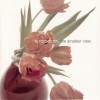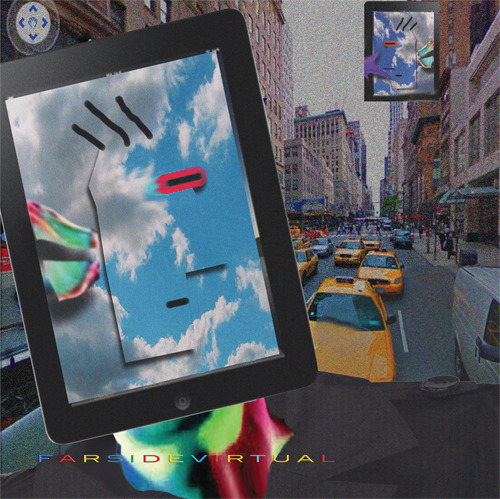Label: City Slang Format: CD, LP
 From their beginnings as the musical department of an art exhibition, To Rococo Rot have shown themselves to be something special – it’s not the methodology alone, not the combination of sequencer, sampler, drums and the sometimes floor-threatening bass they favour live, but is to be found in the precise combination of all the above with that special spark of warm humanity among the machinery. Driven by a supremely mellow appreciation for the interplay of bass and drums, topped off with some almost indescribably lovely sampler melodies, The Amateur View grows outwards from an ever-shifting core, with compelling grooves emerging from a wash of keyboards and melodic texture which pulls off the difficult trick of sounding both marvellous and unforced, as if it had grown of its own accord.
From their beginnings as the musical department of an art exhibition, To Rococo Rot have shown themselves to be something special – it’s not the methodology alone, not the combination of sequencer, sampler, drums and the sometimes floor-threatening bass they favour live, but is to be found in the precise combination of all the above with that special spark of warm humanity among the machinery. Driven by a supremely mellow appreciation for the interplay of bass and drums, topped off with some almost indescribably lovely sampler melodies, The Amateur View grows outwards from an ever-shifting core, with compelling grooves emerging from a wash of keyboards and melodic texture which pulls off the difficult trick of sounding both marvellous and unforced, as if it had grown of its own accord.
The ticking soundscapes which TRR create segue from the pleasant wanderings of “Prado,” whose Dub inflections are minimal curlicues on a somnolent, hesitant bassline, into the intricate scratchy loops, glitch-melodies and liquid squitters of “A Little Asphalt Here And There,” undercut and finally overtaken by the rising noise interjections of guest turntablist I-Sound. The group’s collaboration with the Soul Static Sound label’s D, “This Sandy Piece,” reappears from its first outing on the mini-album TRRD, its sinuous use of chirpily subtle distortion making a mid-point bridge in an album capable of providing new pleasures with each listening. When the classic machine beat of “Cars” becomes partner to a near-awkward cycling bass riff and a simple keyboard melody before strangely quacked-out handclaps fall under the spell of a murmuring, squirming synth, or the half-awake, hypnotic minimalism of “Die Dinge Des Lebens” fades out into nothing, the feeling is that a moment of more than passing (but elusive) significance has just occurred.
What is striking about both The Amateur view and To Rococo Rot as a band is the variety of unworldly sounds which they have successfully isolated, and then redeployed into utterly unique formats. Listening to them is quite an alienating experience on occasions – which is good, because that seems like it should be the ideal function of music, to enfold in a sense of wonder and unfamiliar textures. It’s particularly gratifying to revel in the otherworldly, reconstituted plinks of “Green,” for example, only to have them suddenly augmented by lo-fi Spaghetti Western gunshots, cheap drum machines and fragmentary bursts of digital rain. To cap it all, when the final echo drips from the end of “Das Blau Und Der Morgen,” it’s like a slow awakening back to flat reality.
-Antron S. Meister-



